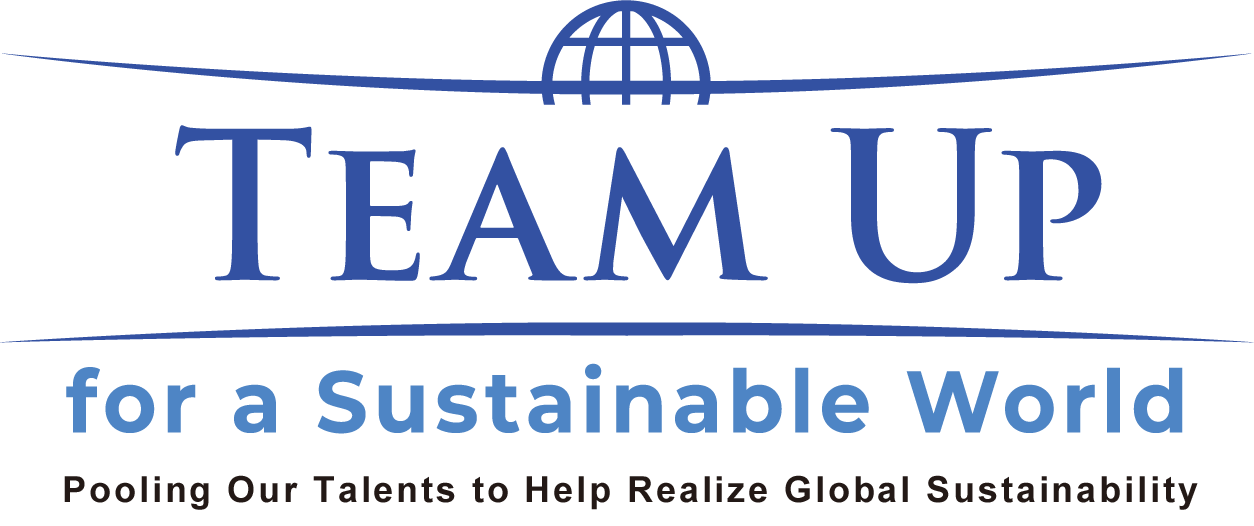TEAM UP for a Sustainable World:Land-Based Salmon-Farming Project Gets Underway in Nyuzen Town, Toyama Prefecture
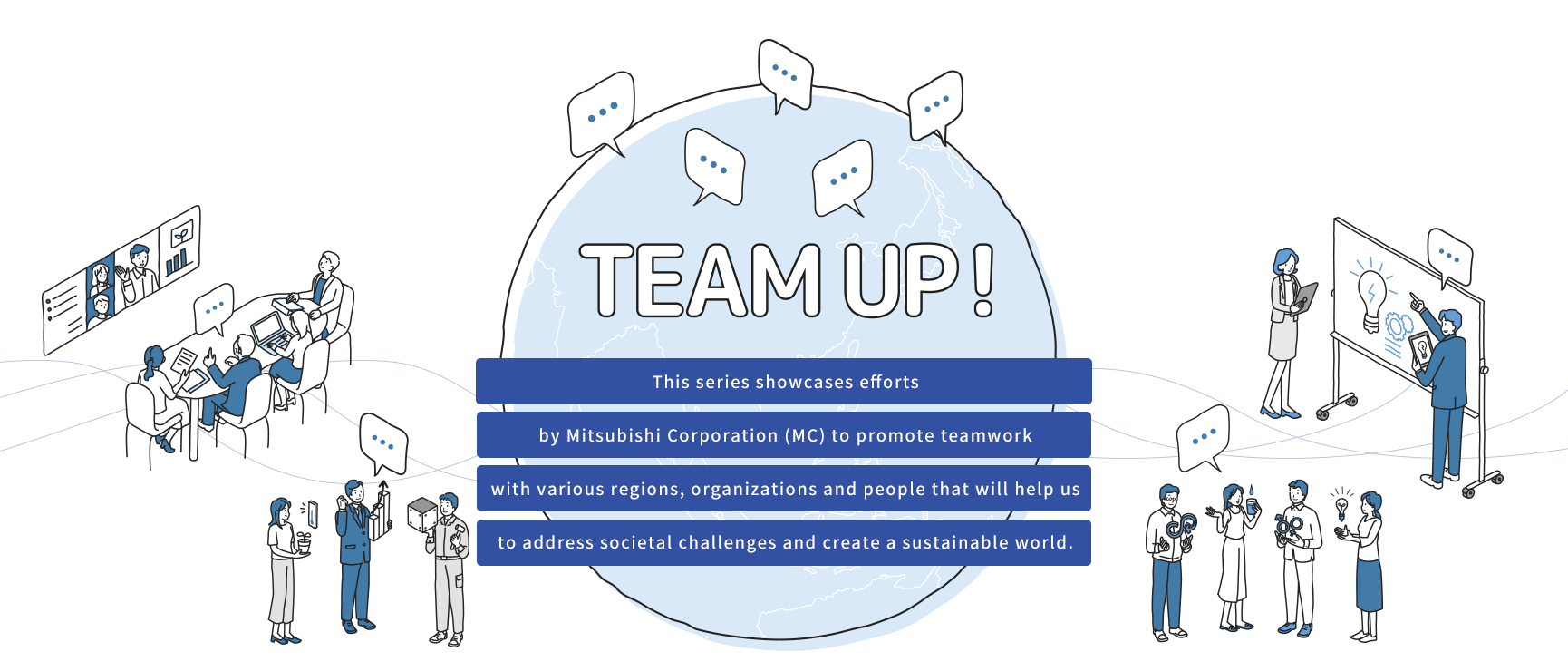
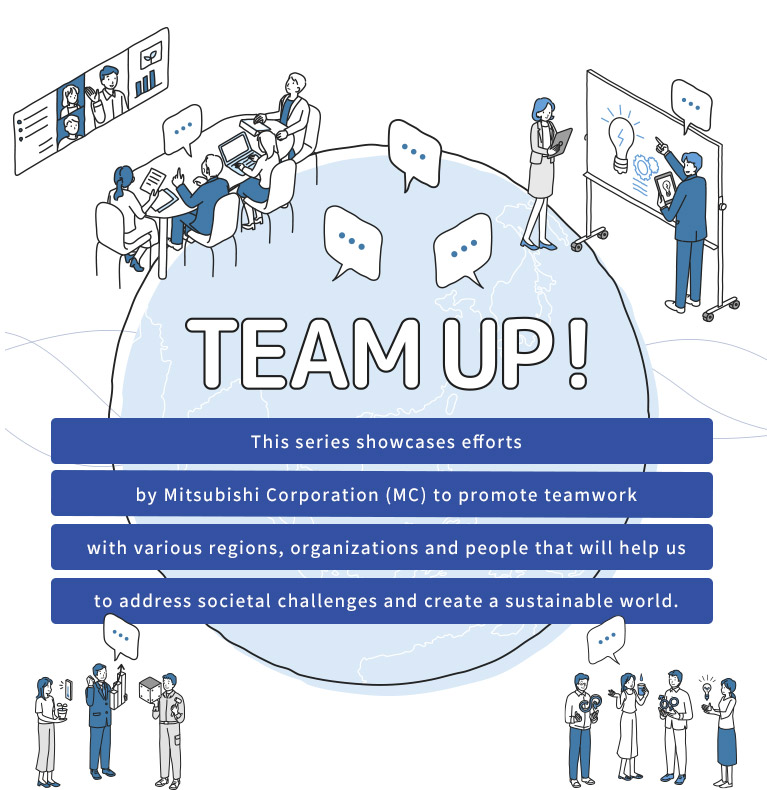
Land-Based Salmon-Farming Project Gets Underway in Nyuzen Town, Toyama Prefecture
Leveraging Rich Water Reserves and Advanced Know-how to Promote an Environmentally Friendly Business
TEAM UP for a Sustainable World
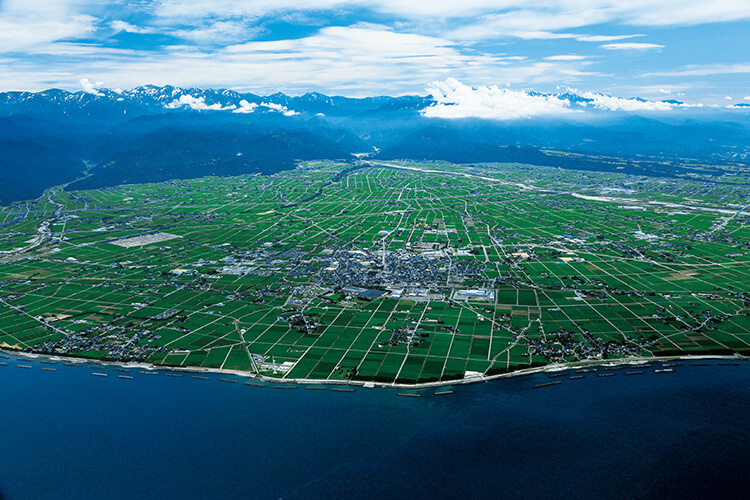
Land-based Salmon-Farming Business (1)
A land-based salmon-farming business will be launched in Nyuzen Town, Toyama Prefecture. Why was the business launched inland, as opposed to out in the sea like other, more traditional aquaculture operations? And why the push to produce domestically farmed salmon in Japan? With Nyuzen Town set to become one of the country's largest land-based salmon-farming regions, GLOBE+ Editor in Chief Kazuhiro Sekine paid it a visit to speak with representatives of Atland Corporation (Atland), the company that is running this business. Atland is a joint venture between Mitsubishi Corporation (MC) and Maruha Nichiro Corporation (Maruha Nichiro).
Aquaculture Projects in Demand as World Craves More Salmon
Salmon is one of the most popular choices of sushi lovers, but it is also delicious cooked, stewed, sauced, smoked or served as sashimi. The demand for salmon is booming, not only here in Japan, but also throughout other parts of Asia and in western markets.
"People around the world are becoming increasingly health conscious, which is driving up global demand for salmon," says Kengo Morimoto of MC's Produce & Marine Products Department. "Salmon is an especially good match with healthy and diversifying food cultures, and it is incredibly popular in just about every country and region."
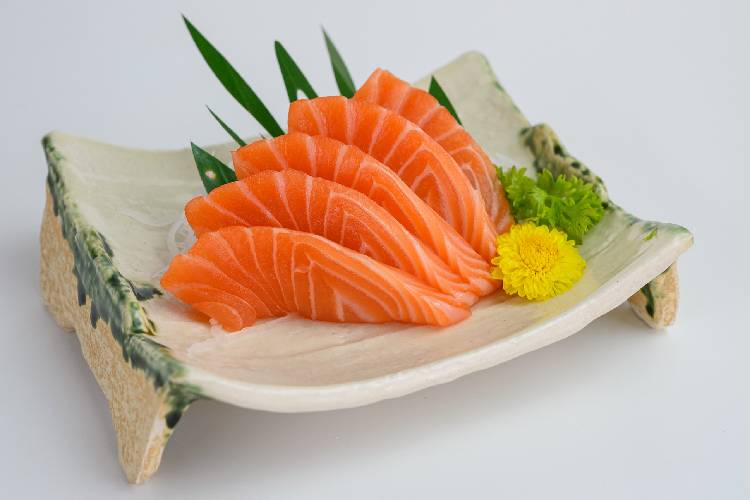
Unfortunately salmon production has been unable to keep up with demand in recent years. According to Morimoto, global production is about four million tons per year, and fisheries (natural resources) have reached their peak, which explains why salmon produced by aquaculture are growing in number.
"Already, aquaculture production account for roughly 75% of the world's total production of salmon, but it isn't easy to increase production volume from those businesses," he says.
"Salmon farming in sea cages can only be done in certain geographies where there are year-round low sea temperatures and mild climatic and wave conditions. There are only a few suitable fields, and nowadays most of the world's farm-raised salmon is coming from Norway and Chile."
Morimoto explains that while other countries like Canada, England, Scotland, Australia and Tasmania are also supplying the market with farm-raised salmon, locating any more regions suitable for salmon farming will be extremely difficult.
Why on Land Instead of at Sea?
This is why expectations are so high for land-based salmon-farming businesses, but how does aquaculture in land-based facilities differ from that done in sea cages?
Apparently, one of the greatest benefits of land-based operations is the stability and efficiency of production, as explained by Atland's President & CEO Takeshi Maruyama, who is on secondment at the company from MC.
"There are a number of risks inherent to sea cage aquaculture, including red tides, typhoons, pathogens, invasive species, and so on," says Maruyama. "Not only does land-based aquaculture protect the fish from those environmental hazards, but it also allows humans to control and optimize things like water temperature, sunlight and food. That's why we can expect production to remain stable and even make it more efficient over time."
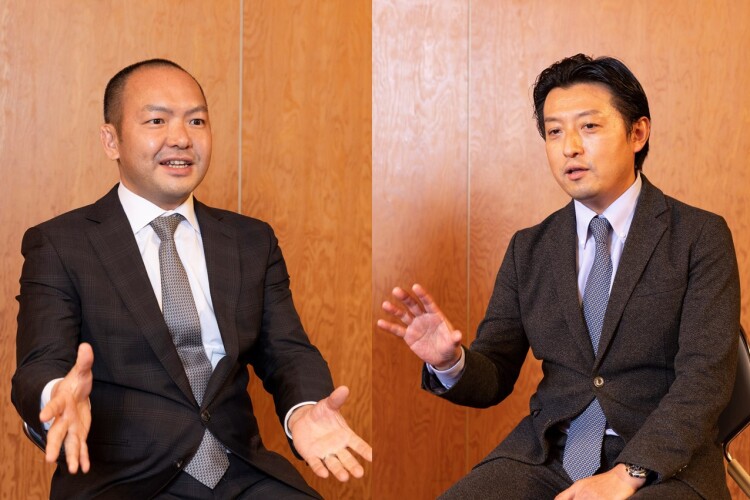
The fact that production fields are not so limited is in itself highly significant.
"There are certain conditions that have to be satisfied before an area can be used for sea cage aquaculture, but if you have the right equipment, then location wise, land-based aquaculture is relatively flexible. In fact, there are even companies doing it in the Middle East," says Morimoto. "Furthermore, land-based aquaculture is a local-production-for-local-consumption business model, meaning that it can also have less of an environmental impact that traditional operations. Raising salmon at domestic inland facilities produces fewer greenhouse-gas emissions than shipping salmon to Japan by an air or ocean transportation from far-off places like Norway and Chile."
According to Morimoto, expected improvements in quality are another big selling point.
"Overall, the external influence is quite minimal in the case of land-based aquaculture businesses, and because we can focus on subtle but important factors like taste and speed of growth, consumers can expect to see considerable improvements in the quality of the salmon they purchase."
Consolidating Talent in the Industry
Atland was established in October 2022, as a company specialize in the land-based production of salmon. In 2025 it plans to commence production of Atlantic salmon, the most commonly farmed species, and it hopes to be harvesting and shipping about 2,500 tons annually by 2027.
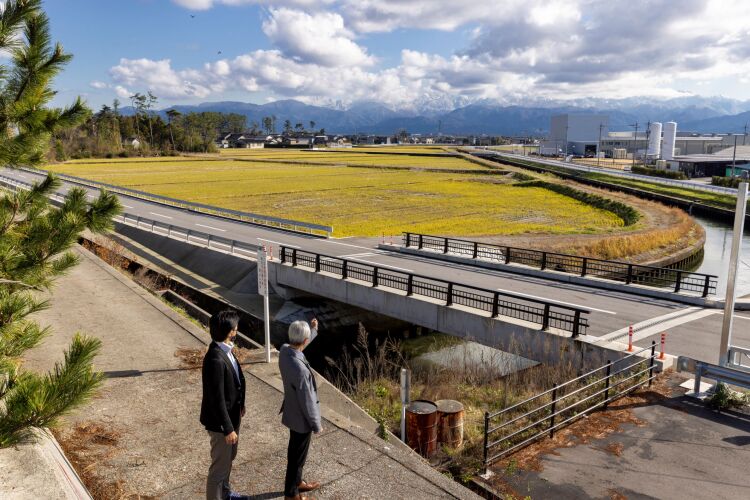
MC has a great deal of faith in its partner in this joint venture, Maruha Nichiro, which just happens to be one of the world's largest seafood companies handling more than 700,000 tons annually.
"Maruha Nichiro has been providing the world with exceptional marine products for more than 140 years. It is a truly professional group with first-rate expertise in operations and research, covering a wide variety of farmed species, including bluefin tuna, Japanese amberjack, and greater amberjack. The company has a wealth of talented people who are considered the 'go-to' professionals in their fields of expertise," explains Morimoto.
"We began this project about 18 months ago, and not a day has gone by when I haven't been amazed by Maruha Nichiro's remarkable frontline resources and capabilities. Land-based salmon farming is a challenging endeavor, so it is very reassuring to have them partnering us on this business."
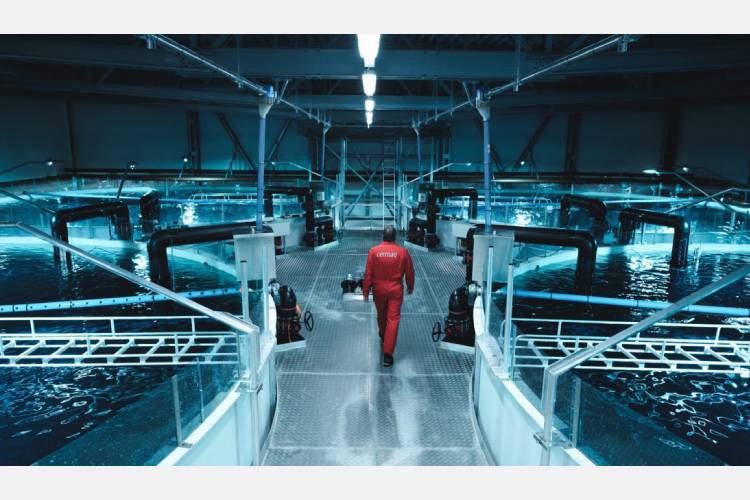
MC first entered the salmon-farming business in 2014 when it acquired Cermaq, an aquaculture company based in Oslo, Norway that is one of the world's leading producers of farmed salmon.
"We intend to apply Cermaq's technologies and know-how to this business in Toyama Prefecture, but we are also confident that the expertise gained at Atland will prove useful to Cermaq's own fish-farming operations, both at sea and on land," adds Morimoto.
"That's why the folks at Cermaq have also expressed a great deal of interest in our new, land-based venture at Atland, and they've been working alongside us as valuable project members. I'm looking forward to seeing this business continue to create new value in the years ahead, not just for those of us directly involved in it, but for the entire MC Group as well."
Taking Advantage of Water Resources Envied the World Over
The site selected for this land-based salmon-farming facility is Nyuzen Town, which is located in the northeastern part of Japan's Toyama Prefecture. It is a picturesque community, situated off the Sea of Japan at the foot of the Northern Japanese Alps. Bordering a large delta fed by the Kurobe River, Nyuzen Town is famous for its pure ground water, which is used by both its local households and industries.
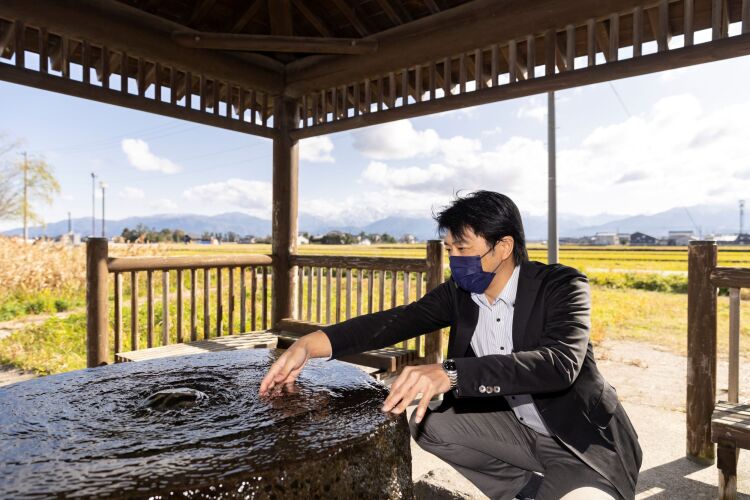
According to Maruyama, the town was chosen for the project precisely because of its rich water reserves.
"Salmon aquaculture involves a lot of different processes, which require both salt and fresh water. Here in Nyuzen Town, the underground water originated from Kurobe River is so clean (directly drinkable from the well), and the cold, deep seawater pumped up from Toyama Bay can be used year round. Environmentally speaking, I don't think you could ask for a more perfect location to set up a business like this."
Morimoto agrees, adding that water resources as rich as these are rarely found anywhere in the world.
"When I took a business trip to Chile in the summer of 2022, I told our Chilean associates about Nyuzen Town, and everyone was amazed that such a place even existed. Chile is a world leader in aquaculture, and yet even there it is a real challenge to secure good quality water: adjusting the mineral content of the seawater, and disinfections. The abundant source of pure water in Nyuzen Town means that we can skip a lot of those procedures, plus we can use the low-temperature, deep seawater, which means lower energy costs as well."
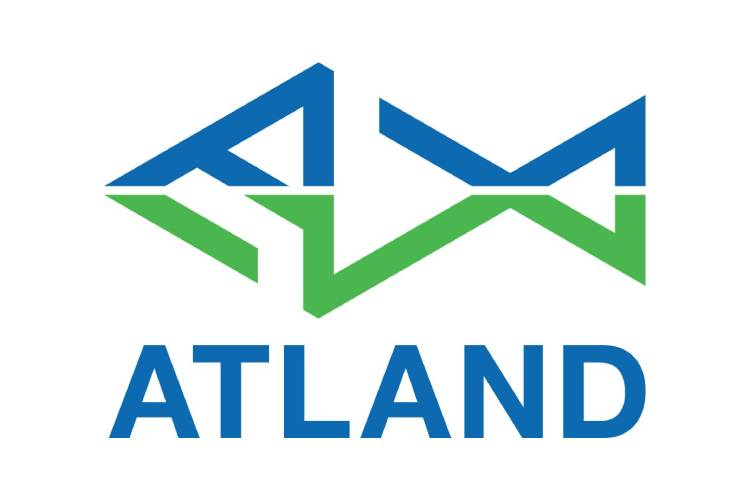
Recognizing how fortunate their business is to be located in a town blessed with an abundance of natural beauty and resources, the project members are keen to give back to the local community.
"We're lucky to be here in Nyuzen Town, where we can take advantage of the pure fresh water from Kurobe River and deep seawater from Toyama Bay," says Morimoto. "We constantly remind ourselves that those resources are what make this project possible, and we're determined to use the business to ensure that both Atland and Nyuzen Town can enjoy sustainable growth."
Echoing those sentiments, Maruyama points out the symbolism in the joint-venture company's name and logo.
"The name 'Atland' was chosen for two reasons, one being that the business is literally 'at land" and the other being our targeted product of Atlantic salmon. Another thing that we'd like people to notice though, is the blue-green-blue color pattern of our logo, which from top down represents the blue skies of Nyuzen Town and Tateyama mountain range, the green rice fields, and the deep blue Sea of Japan."
Producing high-quality and delicious salmon in an environmentally friendly way is a challenge that will help this business to develop in step with the region, and for MC, that challenge has only just begun.
- * Volume 2 will feature a roundtable discussion with employees from Atland, MC and Maruha Nichiro.
- * The interviews conducted for the purpose of this article were carried out in accordance with pandemic-related measures. Masks were only removed for photographs.
- Land-based Salmon-Farming Business (1)
- Land-based Salmon-Farming Business (2)
- Land-based Salmon-Farming Business (3)
